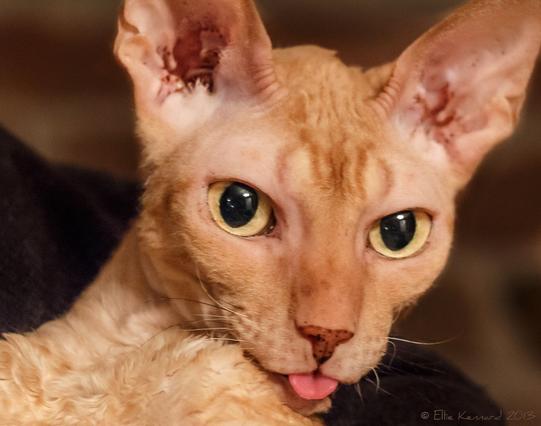(2/3)
For example, #Rupert #Murdoch owns 17% of equity in the media empire  and 39% of the voting power.
and 39% of the voting power.
“The fight for control of the Murdoch empire is only magnified by the #dual #class structure,” says Charles Elson, a leading authority on US corporate governance issues.
“The idea is I am the smartest person in the world and I should run the company as its king.
Other shareholders can say we believe you. If that’s a condition of investing, so be it.”
 But critics of unequal dual-class voting say the structure weakens executive accountability.
But critics of unequal dual-class voting say the structure weakens executive accountability.
“That’s the problem – it basically destroys #accountability,” says Elson.
Passing that power on generationally, he adds, only makes it worse.
“How do you know the talent is genetic?
Simply because they’re the children doesn’t mean they have the same business acumen as the father
and it’s not how you pick the leader of a company or a country.”
The Murdoch biographer and antagonist #Michael #Wolff wrote recently that the late Fox News chair and CEO #Roger #Ailes told him that the Murdoch sons,
Lachlan and James,
“are both wannabe little kings”.
But that was before open warfare broke out.
“I think they both really believe they were put on earth to show up their father, rather than the reality,
which is that they would be mid-level media executives making a quarter million a year and grateful for it, without their old man.”
Earlier this month, the hedge fund #Starboard #Value sent a letter to shareholders of News Corp, the parent company of the Wall Street Journal and New York Post, calling for the company to eliminate its dual-class share structure.
In the letter, the Starboard CEO, #Jeffrey #Smith, argued:
“This transition of power from Rupert Murdoch to his children has allowed for complicated family dynamics to potentially impact the stability and strategic direction of News Corp.”
Four Murdoch children with voting rights, Smith added,
“could be paralyzing to the strategic direction”
and, more importantly:
“We are not sure why their perspectives should carry greater weight than the views of other shareholders.”
News Corp said it believed its dual-class capital structure
“promotes stability and has facilitated the successful implementation of News Corp’s transformational strategy and long-term outperformance for all News Corp stockholders”.
The outcome of the Nevada court battle will not immediately affect the family’s control of the Murdoch empire
but could in the fullness of time if Murdoch dies or becomes incapacitated.
“If the stock is split up and the family doesn’t get along, the company could face real challenges and it becomes a very bumpy road for the other investors who are not part of the drama.”
But as the caravan of Black SUVs ferried warring Murdochs in and out of court last week, there was at least one certainty, Elson says.
While Rupert Murdoch still lives, the company remains firmly under his thumb.
“Rupert Murdoch calls the shots and when he’s gone he really doesn’t have that worry any more. -- He’s done.”


